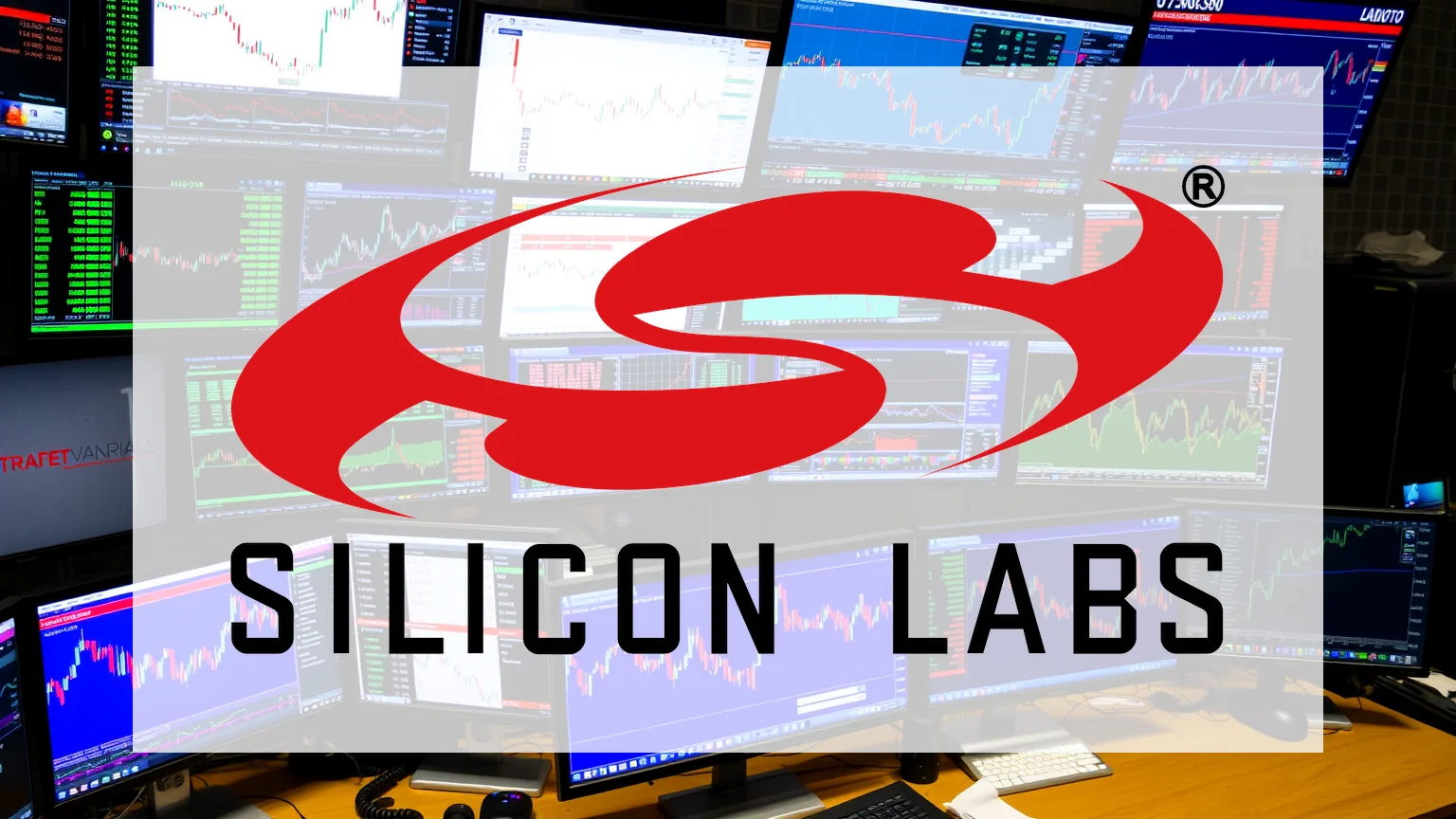Salesforce finds itself at a crossroads, presenting investors with a complex puzzle. The cloud software leader delivered impressive quarterly results, yet its forward guidance disappointed the market. This conflicting picture is further complicated by divergent actions within the company’s leadership, as CEO Marc Benioff disposed of shares while a board member made a substantial purchase.
Strong Performance Overshadowed by Cautious Outlook
The company’s recent quarterly report contained several positive data points that initially suggested a robust performance. Salesforce posted revenue of $10.24 billion alongside adjusted earnings per share of $2.91, comfortably exceeding analyst projections. Despite these solid figures, investor sentiment turned negative in after-hours trading, triggering a share price decline of nearly 7 percent.
Market participants focused their concerns on management’s third-quarter forecast rather than the historical results. The company projected revenue in the range of $10.24 to $10.29 billion, falling short of Wall Street’s more optimistic expectations. This guidance has intensified worries about potential deceleration in the growth trajectory of the cloud specialist.
Even the announcement of a $20 billion expansion to the stock repurchase initiative failed to counter the prevailing disappointment. The equity has now fallen below both its 50-day and 200-day moving averages, presenting a concerning technical chart pattern that market technicians view as bearish.
Should investors sell immediately? Or is it worth buying Salesforce?
Leadership Transactions Send Conflicting Signals
The fundamental uncertainty is amplified by contradictory insider trading activity. Chief Executive Officer Marc Benioff executed two separate transactions in early September, selling a combined 4,500 shares for over $1 million. This disposal activity naturally raises questions about executive confidence.
In direct contrast, director David Blair Kirk took the opposite approach on September 9th, acquiring 3,400 shares to significantly increase his position in the company. These opposing moves from senior leadership have created additional confusion for market participants attempting to gauge the company’s prospects.
Artificial Intelligence Strategy Faces Scrutiny
Salesforce continues to heavily invest in its artificial intelligence capabilities, with ambitions to transform into what it terms an “agentic enterprise.” The company’s Data Cloud and AI division is demonstrating promising momentum, showing substantially increased recurring revenue streams.
However, market observers remain doubtful about whether these AI initiatives can generate sufficient impact quickly enough to reaccelerate overall corporate growth. The cautious quarterly forecast has cast a shadow over otherwise solid operational execution, leaving Salesforce shares in a vulnerable position as investors await clearer signals about the company’s direction.
Ad
Salesforce Stock: Buy or Sell?! New Salesforce Analysis from February 7 delivers the answer:
The latest Salesforce figures speak for themselves: Urgent action needed for Salesforce investors. Is it worth buying or should you sell? Find out what to do now in the current free analysis from February 7.
Salesforce: Buy or sell? Read more here...










